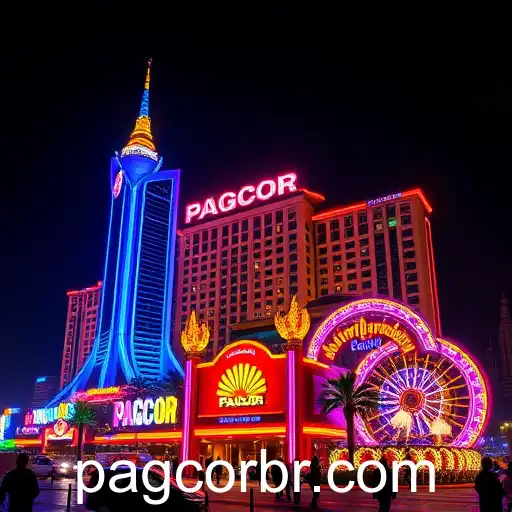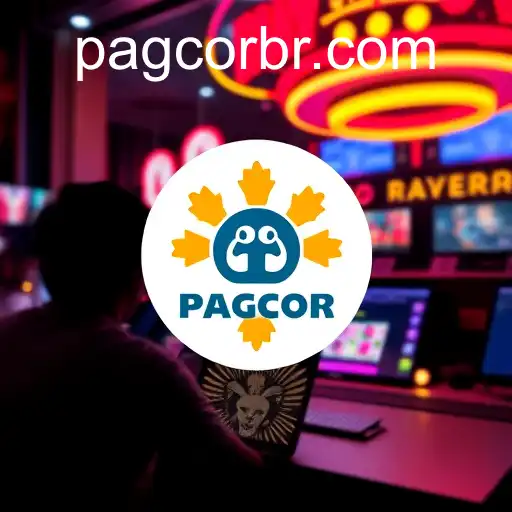
Exploring the History of PAGCOR: A Key Player in the Gaming Industry

The Philippine Amusement and Gaming Corporation (PAGCOR) has played a pivotal role in the gaming industry of the Philippines. Established in 1976, PAGCOR was created by Presidential Decree No. 1067-A, signed by then-President Ferdinand Marcos. Initially, the agency was tasked with regulating and operating all games of chance, including casinos in the country, to generate revenues for the government and promote tourism. Over the years, its role expanded significantly, making it one of the largest contributors to the national budget.
PAGCOR's history is marked by its evolution in response to the changing dynamics of the gaming industry. In the early years, the corporation focused on developing and managing its own casino operations. However, in the 1990s, with the rise of private sector interest in gaming operations, PAGCOR began licensing private casinos, which proved to be a successful move, driving significant growth in the sector.
Another critical juncture in PAGCOR's history was the passing of the Republic Act No. 9487 in 2007, which extended its franchise for another 25 years. This legislative endorsement allowed PAGCOR to diversify its offerings and overhaul its existing operations, including launching the Entertainment City project in Manila. This sprawling hub of entertainment and gaming was envisioned to compete with other top gaming destinations in Asia like Macau and Singapore.
Faced with the challenges posed by modern digital and online gaming, PAGCOR has also embraced technological advancements to better regulate and license online casinos and gaming platforms. Its regulatory measures ensure a fair and secure gaming environment, protecting both the players and the industry’s integrity.
Beyond regulation and revenue generation, PAGCOR has been a vital institution in the Philippines for its social and community development contributions. A substantial portion of its revenues is allocated to various social welfare and national developmental projects. This involvement has cemented its reputation not only as a gaming regulator but also as a significant player in national development efforts, contributing to infrastructure, education, health services, and disaster relief programs.
In summary, the history of PAGCOR reflects a trajectory of growth adapted to industry changes, governmental policies, and societal needs. From a single governmental gaming agency to an influential regulatory body, PAGCOR continues to be a cornerstone of the Philippine gaming industry and a substantial contributor to the country's economy and community welfare.
Pagcor Revolutionizes Gaming Sector

Exploring Pagcor's impact on the evolving gaming industry and regulatory landscape.
2025-12-12
The Evolution of PAGCOR in Gaming Regulations

Exploring the influence of PAGCOR on international gaming rules and its role in the industry amidst 2025 dynamics.
2025-12-10
The Transformative Role of PAGCOR in Gambling and Online Gaming

An in-depth exploration of how PAGCOR's influence and transformation impacts the gambling scene, particularly focusing on online gaming in 2025.
2025-12-08
PAGCOR's Impact on Online Gaming in 2025

Examining PAGCOR's influence on the online gaming landscape in 2025 and its broader economic implications.
2025-12-07






